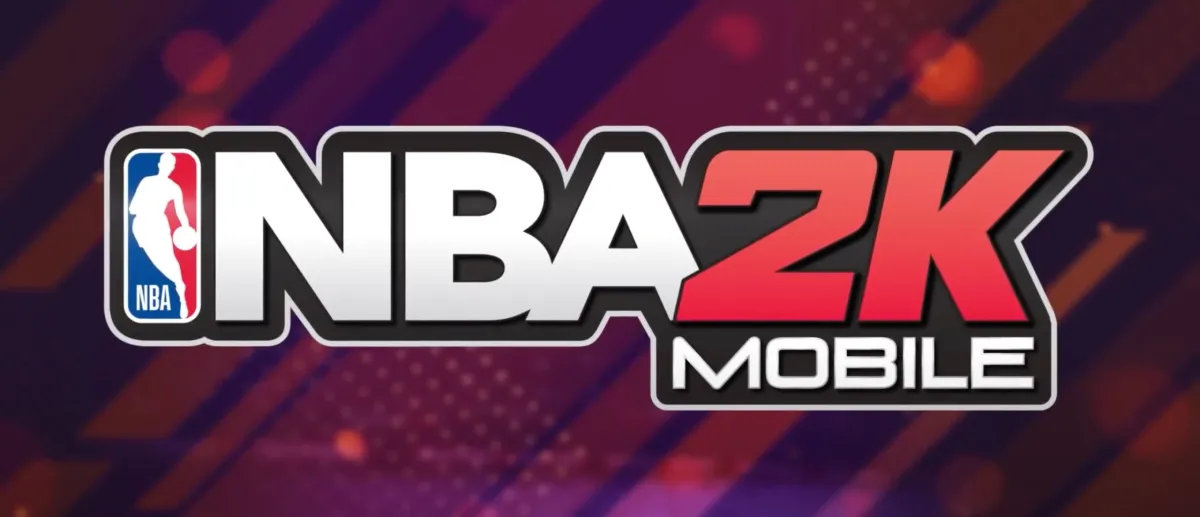Whether esports count as sports has been asked by many people, in good and bad faith, many times over the year. Your personal answer to this question likely depends on a lot of variables; where you grew up, what you did in high school, etc.
The technical definition of a sport is “an activity involving physical exertion and skill in which an individual or team competes against another or others for entertainment.”
By this definition, esports are absolutely sports. The level of physical exertion one would need to play an esport isn’t the same as, say, American football or basketball, but there’s physical exertion. There’s also the element of competition for entertainment; esports fill arenas world-wide. If filling arenas and needing extreme amounts of hand-eye coordination doesn’t define these games as sports, well what does?
There are those who would say the level of physical exertion is too far removed from competitions that are normally labeled as “sports.” In the same way we don’t view bowling or darts on the same level as tennis, we don’t view esports the same way we view other, more physically stringent sports. Other than a few, isolated cases, playing League of Legends doesn’t make the player pour sweat the way tennis does. This argument is predicated on esports being so far removed they really don’t fit in the same category.
This doesn’t exclude esports from the sport category, however. Without a hard and fast definition, it’s difficult to say definitively one way or the other. There will always be good faith arguments both for and against it, but there are many bad faith arguments against esports as well.
There will always be people who don’t view esports as a sport, and they may not be wrong. And if they aren’t, frankly, who cares? Esports has its own ecosystem with salaried players, massive businesses, and filled arenas. The flimsy distinction of being a “real sport” doesn’t really matter to some of those who insist esports isn’t a sport. It’s a gatekeeping tactic to keep esports away from mainstream relevancy.
The defining terms of those who have vested interests in keeping esports just on the periphery of relevancy until it gets big enough that they believe they can profit from it don’t matter. Is esports a sport? You could argue it one way or the other.
Esports doesn’t need to be a sport to be successful. If they are, great! It’s cool to get recognized for athletic achievements, and being a sport will certainly help spread mainstream acceptance of esports, bringing the games to more eyes and expanding the community. If they aren’t, they’re going to keep growing as gaming becomes more and more widely accepted, and the distinctions won’t matter.
Soon, but not now, when, say, the Olympics come calling in earnest, we might get an actual definition. Esports are big and will keep getting bigger. For now, there isn’t a definite answer to the sports question, and there doesn’t need to be one.







Published: Apr 25, 2021 10:35 am